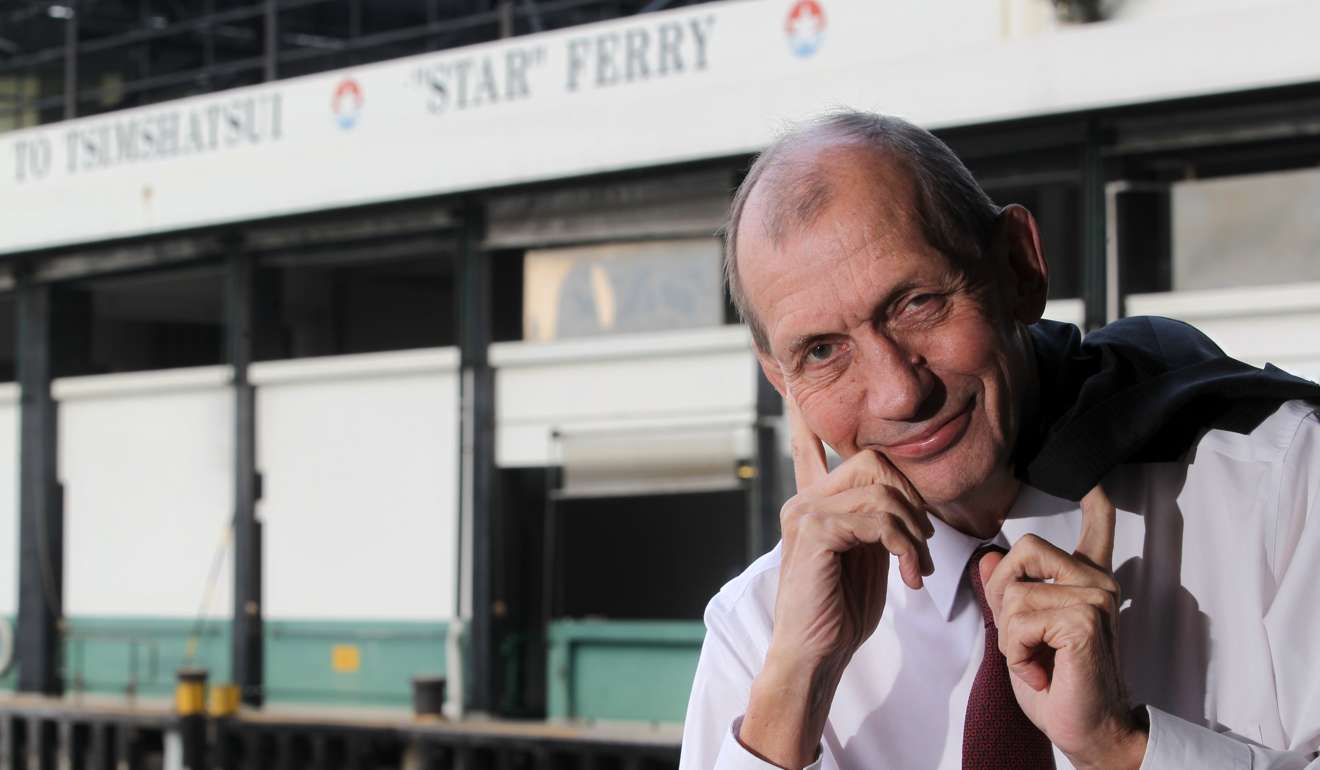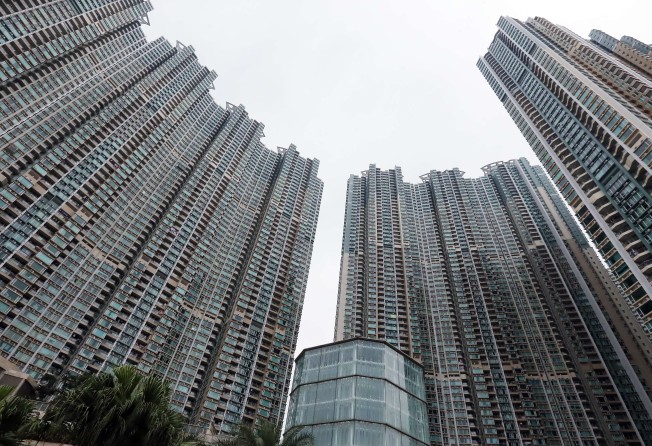
Hong Kong’s next chief executive must overhaul land supply policy, says Nicholas Brooke
Land supply reform could balance Hong Kong development, says consultant

Hong Kong’s new chief executive would have to overhaul the administration’s policies on property to bring some semblance of balanced growth to more areas in the city, according to a top local real estate expert.
Nicholas Brooke, chairman of the Professional Property Services consultancy and a recognised authority on land administration and planning matters, says that various options should be explored for the proper implementation of land supply.

A former deputy chairman of the Hong Kong Town Planning Board and a former member of the Hong Kong Housing Authority, Brooke says the government should institute an independent audit of land supply to determine how to set its policies on land auction.
Denis Ma, head of research, at international property consultancy JLL, says that the new administration would have to look at the property market and its policies. He suggests that outgoing Chief Executive Leung Chun-ying’s policies have not impacted the market and property prices have continued to soar.
Last November, the government announced the imposition of a hefty 15 per cent tax on second-home buyers, and the measure has severely affected the secondary market in Hong Kong.
As for land sales, Ma says that there has not been greenfield land available and Kai Tak was the only area with open land for auction.
No wonder Kai Tak has seen a flurry of land auctions in recent years – with each auction setting record per square foot prices paid by the successful developer.
The government should institute an independent audit of land supply to determine how to set its policies on land auction
This has been mainly because of the interest from mainland property developers who have keenly participated in the auctions and outbid Hong Kong developers in many cases.
In an earlier South China Morning Post report, surveyors called for a change in the land-sale system as they feared that there would be no end to the rising costs of buying land.
Recently, mainland Chinese conglomerate HNA Group bought its third residential site in Kai Tak for HK$13,000 per square foot, last November, and was seen as the main reason for the 27 per cent increase in land prices in just one month alone, between December 2016 and January 2017.
In the past, government auction opening prices were often set at about 20 per cent below market levels. Auctioneers lowered or raised the increment in response to developers participating in the auction. If one site received a slow response, the auctioneer, in some cases, might lower the increment from HK$10 million to HK$5 million to boost interest, or vice versa.
HNA in December broke its own record after it won its second site, for HK$13,600 per sq ft. That marked an increase of 164 per cent compared with the first government site sold in the area, for HK$5,157 per square foot, in June 2013.
Ma suggests that market prices depended on supply, or rather the lack of supply of land, which the government had tightly controlled since 2000. Only in recent years has there been a loosening of land supply, especially in Tseung Kwan O, where there is not much government land left, and now in Kai Tak.
According to government estimates, Tseung Kwan O will have a population of close to half a million by 2022, making it a mega residential area in the Eastern New Territories.
Since 2014, a dozen residential projects in southern Tseung Kwan O have gone on sale, one by one, including The Wings IIIA, The Wings IIIB, The Parkside, Lohas Park (Phase IIIA), Twin Peaks, The Beaumount II, The Beaumount I, Corinthia by the Sea, Capri, Ocean Wings, Savannah, The Papillons, Alto Residences, and The Wings (Phases 2 and 2A).
Apparently geared towards first-time buyers and young families, most of these projects posted strong sales, often within a short period.